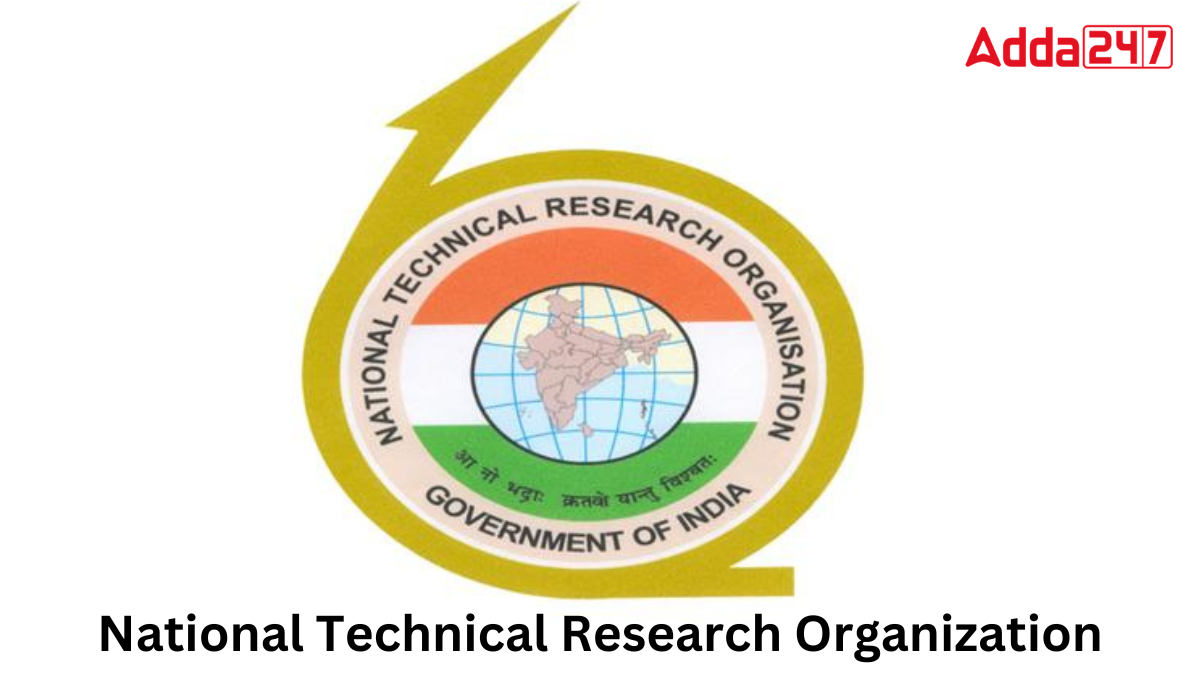The National Technical Research Organisation (NTRO) is a specialized technical intelligence agency of India. Established in 2004, the NTRO operates under the guidance of the National Security Advisor and the Prime Minister’s Office. The agency’s mandate includes high-tech surveillance and intelligence gathering, focusing on both internal and external security threats.
Key Details About NTRO
- Full Form: National Technical Research Organization
- Formation: 2004
- Headquarter: New Delhi
- Minister Responsible: Prime Minister Narendra Modi
- Primary Objective: Gather technical intelligence, which involves intercepting and analyzing communications signals, imagery intelligence, and cyber intelligence.
An Overview of NTRO
NTRO is headquartered in New Delhi, India, and operates with a classified annual budget. The organization is led by Chairman Arun Sinha and includes several key sub-agencies such as the National Critical Information Infrastructure Protection Centre and the National Institute of Cryptology Research and Development. NTRO’s mission is to gather and provide technical intelligence using state-of-the-art technology.
Formation of the National Technical Research Organization
The NTRO was formed as a response to the intelligence shortcomings highlighted during the Kargil war in 1999. The Group of Ministers (GOM), headed by then Deputy Prime Minister L.K. Advani, recommended the creation of a specialized technical wing for intelligence gathering. This recommendation was based on a road-map prepared by Dr. A.P.J. Abdul Kalam, then Principal Scientific Adviser. The agency was officially approved by the Cabinet Committee on Security (CCS) in October 2004, modeled on the United States’ National Security Agency (NSA).
History and Background of NTRO
Originally named the National Technical Facilities Organisation (NTFO), the NTRO was established to act as a super-feeder agency for technical intelligence, providing support to various intelligence agencies, including those of the Indian Armed Forces. The NTRO conducts high-tech surveillance activities such as satellite and internet monitoring. The agency has procured advanced equipment worth over ₹700 crore (US$84 million) from specialized global sources to enhance its capabilities. The NTRO operates several satellites, including the Technology Experiment Satellite (TES) and Cartosat series, as well as radar imaging satellites acquired from Israel.
Role and Functions of NTRO
- Specializes in remote sensing for intelligence gathering.
- Conducts signal intelligence (SIGINT) operations.
- Processes and analyzes data for security purposes.
- Ensures cyber security for national infrastructure.
- Gathers geospatial information for strategic planning.
- Develops cryptology techniques for secure communication.
- Engages in strategic hardware and software development.
- Monitors threats to critical infrastructure via advanced sensors.
- Collaborates with the Indian Air Force for missile monitoring.
- Supports international counter-terrorism initiatives.
- Provides satellite intelligence for military operations.
- Conducts ocean surveillance with INS Dhruv.
Relationship with Other Agencies
Despite its pivotal role, NTRO has faced challenges in its relationships with other intelligence agencies. Turf wars with the Aviation Research Centre (ARC) of the Research and Analysis Wing (R&AW) have hindered its operations. Issues such as delays in procuring advanced technology and lack of data sharing from other agencies have undermined its efficiency. NTRO was the first Indian intelligence agency to be audited by the Comptroller and Auditor General of India (CAG) in 2010, and it has also faced allegations of hacking into government networks, which it has denied.




 Which District of Uttar Pradesh is known...
Which District of Uttar Pradesh is known...
 Which Mountain is known as the Stone Sen...
Which Mountain is known as the Stone Sen...
 Which River is known as the Lifeline of ...
Which River is known as the Lifeline of ...








